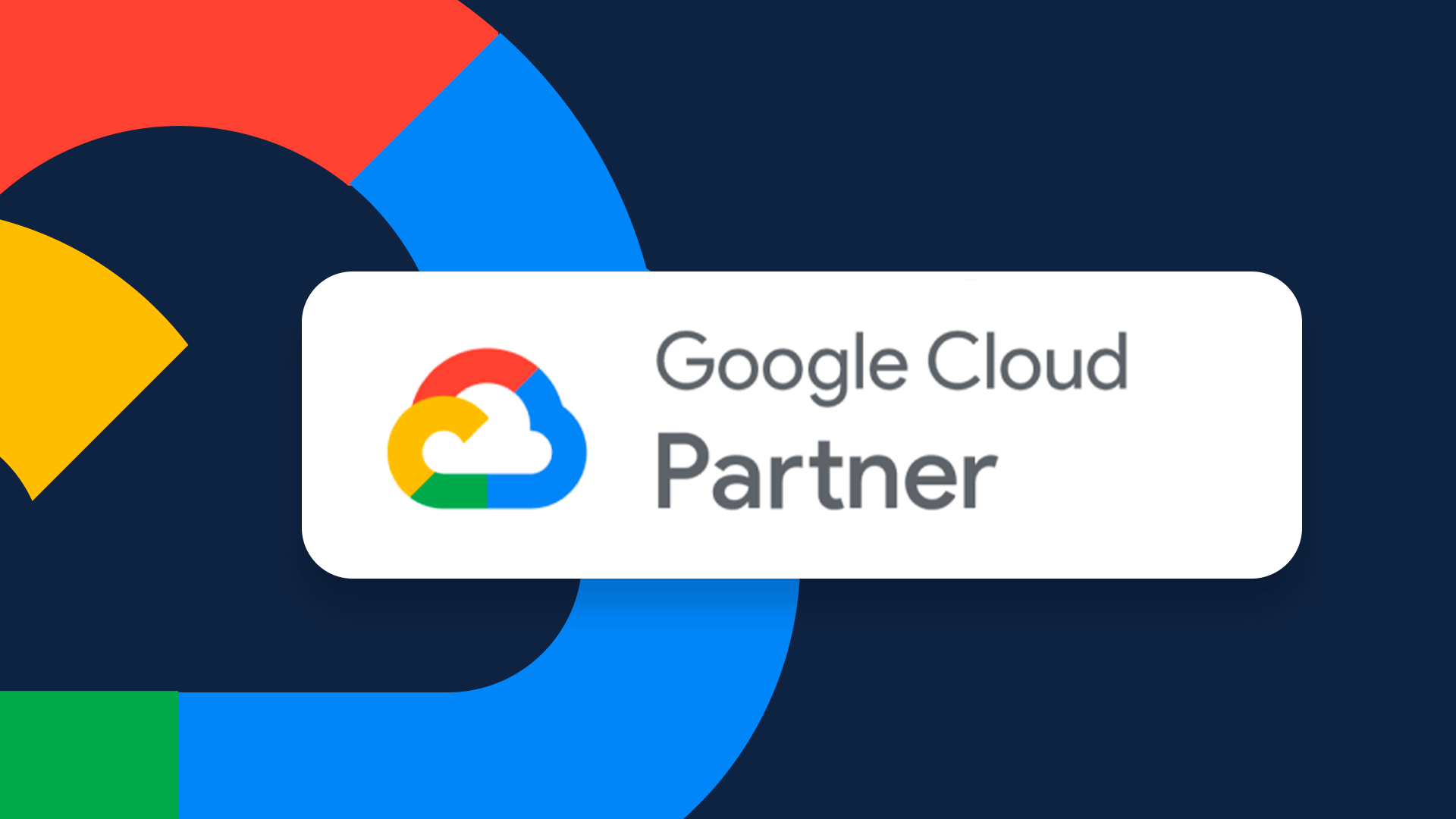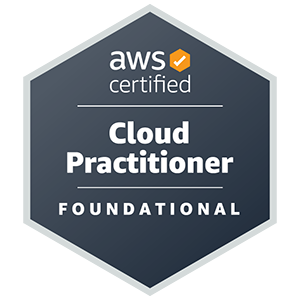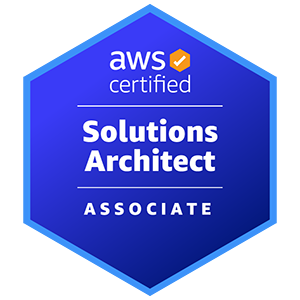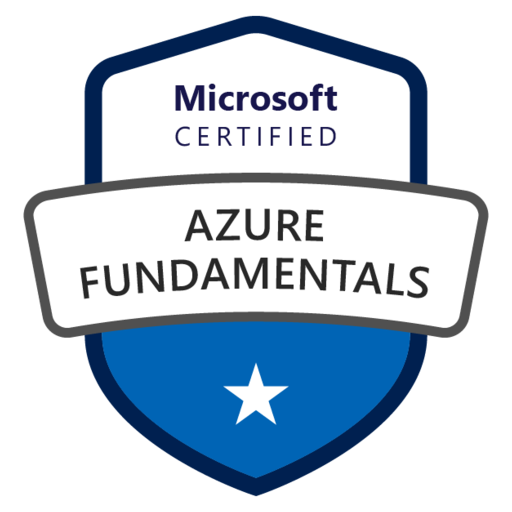Choosing the ideal cloud platform is becoming a critical decision for software development and engineering teams, as speed, efficiency, and scalability are the differentiators for success. Giants like Google Cloud vs Amazon Web Services (AWS) dominate the market and offer a wide range of cloud solutions. However, with varying features and functionality, choosing the right platform can be challenging.
According to a report by Synergy Research Group, Google and Amazon will hold 10% and 33% of the global IaaS public cloud market share. These numbers demonstrate the power and relevance of these platforms. But choosing between Google Cloud vs AWS is not just about market share. Understanding the nuances and differences between each platform is essential to making a strategic decision that aligns with your organization’s specific objectives.
In this article, we will take a deep and comparative analysis of Google Cloud vs AWS, exploring their optimal features, benefits, drawbacks, and use cases. By providing a holistic, contextual view of the cloud landscape, we enable you to make an informed decision that will increase technical maturity, optimize workflow, and maximize your team’s return on technology investment.
What is Google Cloud?
Before we dive into the Google Cloud vs. AWS comparison, it is important to understand what cloud services are and why they are so important today.
Simply put, cloud services are computing and data storage resources delivered over the Internet. Rather than relying on local servers, these services run on remote servers that are accessible via online connections. This approach offers several benefits, including infrastructure and personnel cost savings, global data distribution, and automatic scalability.
Google Cloud Platform
Google Cloud Platform (GCP) is a service provider that offers a robust and comprehensive infrastructure built on the same technology that powers Google’s iconic products such as Google Search and YouTube. This powerful foundation gives users access to scalable computing resources, reliable data storage, intelligent data analysis tools, and next-generation security solutions.
The comprehensive GCP platform offers a full range of services to meet the needs of companies of all sizes and industries, from fast-growing startups to large multinational corporations.
What are AWS?
Amazon Web Services (AWS) is a cloud computing platform that offers a wide range of services, from computing and storage to big data and security. AWS offers a full range of modular services to meet the diverse needs of businesses, from basic infrastructure to cutting-edge artificial intelligence and machine learning solutions. Among its main services, we can highlight:
- Compute: EC2, Lambda, EKS – Provide on-demand access to virtual servers, serverless capabilities, and container clusters to run workloads with agility and flexibility.
- Storage: S3, EFS – Provide scalable and durable storage solutions for a variety of data types, from static files to large unstructured data sets.
- Network: VPC, Route 53 – Enable enterprises to create virtual private networks and manage Internet traffic securely and reliably.
- Big Data: EMR, Athena, Redshift – Facilitate the collection, analysis, and processing of large volumes of data to extract valuable insights for strategic decision-making.
- Machine Learning: ML Services, SageMaker – Provide tools and resources to quickly and efficiently develop, train, and deploy machine learning models to drive innovation and automation.
- Security: IAM, CloudTrail, GuardDuty – Protect AWS resources and ensure compliance with the most stringent security standards with granular access control, activity monitoring, and threat detection.
Google Cloud vs AWS
In the heated debate over cloud computing platforms, Google Cloud Platform (GCP) and Amazon Web Services (AWS) are the undisputed leaders. Both offer a variety of services and features, but each has its nuances and differences. Let’s explore the differences between Google Cloud and AWS in terms of database options, compute services, networking resources, storage, and security to help you decide which platform is best for you.
Computing services
Cloud computing services are the backbone of cloud operations, allowing developers to build and run applications without worrying about the underlying infrastructure. See a comparison of the key compute services offered by GCP and AWS:
Google Cloud Platform
- Google App Engine: A platform as a service (PaaS) that enables developers to build web applications on a remote server.
- Google Compute Engine: An Infrastructure-as-a-Service (IaaS) offering that provides virtual machines for a variety of purposes.
- Google Kubernetes Engine: A managed container service that allows users to deploy and manage containers on GCP.
Amazon Web Services
- Amazon Elastic Compute Cloud (EC2): Amazon’s primary IaaS offering that provides access to virtual machines.
- Amazon EC2 Container Service: A container service that makes it easy to manage and deploy containers.
- AWS Lambda: A serverless computing platform that allows developers to run code without deploying or managing servers.
Network Resources and Services
A robust network is critical to the performance and security of cloud operations. Here is an overview of the key network features and services offered by GCP and AWS:
Google Cloud Platform
- Cloud DNS: Provides Domain Name System services in the cloud.
- Cloud VPN: Provides secure connectivity between private networks and the GCP infrastructure.
- Cloud Load Balancing: Allows you to efficiently distribute traffic across multiple instances.
Amazon Web Services
- Amazon Route 53: A highly available and scalable Domain Name System service.
- Amazon Virtual Private Cloud (VPC): Allows you to create an isolated virtual network in the AWS cloud.
- AWS Direct Connect: Provides a dedicated connection between on-premises infrastructure and AWS services in the cloud.
Storage Resources and Services
Data storage is critical to any cloud application, and both GCP and AWS offer a variety of options to meet customer needs. Here are the key storage services offered by each platform:
Google Cloud Platform
- Cloud Storage: Provides highly scalable and durable object storage.
- Cloud SQL: A fully managed relational database service.
- Cloud Spanner: A globally distributed, highly scalable relational database.
Amazon Web Services
- Amazon Simple Storage Service (S3): A highly scalable and durable object storage service.
- Amazon Glacier: Provides cost-effective storage for archived data.
- Amazon Elastic Block Store (EBS): Provides persistent block storage volumes for use with EC2 instances.
Database Options
The database is a key part of many cloud applications, and both GCP and AWS offer a variety of options to meet customer needs. Here are the key database services offered by each platform:
Google Cloud Platform
- Cloud SQL: A fully managed relational database service.
- Cloud Data Storage: Provides schema-less document data storage.
- Cloud Bigtable: A highly scalable and available NoSQL database.
Amazon Web Services
- Amazon DynamoDB: A fully managed, highly scalable NoSQL database service.
- Amazon SimpleDB: A simple, scalable database service for lightweight applications.
- Amazon RDS: A fully managed relational database service that supports multiple database engines.
Security Features and Services
Security is a key concern for any cloud operation, and both GCP and AWS offer a variety of features and services to ensure customer data is protected. Here are the key security features offered by each platform:
Google Cloud Platform
- Cloud Identity and Access Management (IAM): Allows you to control who has access to cloud resources.
- Cloud Key Management Service (KMS): Helps manage and rotate encryption keys.
- Cloud Security Scanner (CSS): Scans cloud resources for potential security vulnerabilities.
- Google Cloud Armor: Protects applications from web attacks.
- Proxy with Google Identity Recognition: Verifies user identity before granting access to Google Cloud resources.
Amazon Web Services
- Amazon Identity and Access Management (IAM): This lets you control who has access to your AWS resources.
- Amazon CloudWatch: A monitoring service that helps you monitor AWS resources and applications.
- AWS Elastic Beanstalk: Helps you deploy and manage applications on AWS.
Price Comparison
Finally, let’s take a look at the price comparison between GCP and AWS. Both platforms offer flexible pricing models, with pay-as-you-go options and discounts for extended usage. However, there are some important differences to consider:
Google Cloud Platform: Offers a per-minute billing option, discounts for extended usage, and a preemptive VM option to reduce compute costs.
Amazon Web Services: Offers an hourly billing model, discounts for reserved instances, and a variety of pricing options to meet customer needs.
Overall, GCP tends to be more cost-effective than AWS for customers looking for a simple, predictable pricing model, while AWS can offer more flexibility and discounts for customers using a wide range of services.
Conclusion
Ultimately, the choice between Google Cloud vs AWS depends on your organization’s specific needs. Both platforms offer a wide range of services and features, with different strengths and use cases.
As you evaluate your options, consider factors such as performance, scalability, integration, security, and price to make an informed decision that meets your organization’s long-term needs. With the right guidance and a clear understanding of your goals and requirements, you can take full advantage of cloud computing, whether it’s with GCP, AWS, or another industry-leading platform.
Get in touch with our team to learn more
Want to learn more about how we can help your technology projects? Fill out our form here and one of our experts will contact you shortly. Find out how our team can help your business make the most of available technology solutions, whether through Google Cloud vs AWS, or other industry-leading platforms.
















